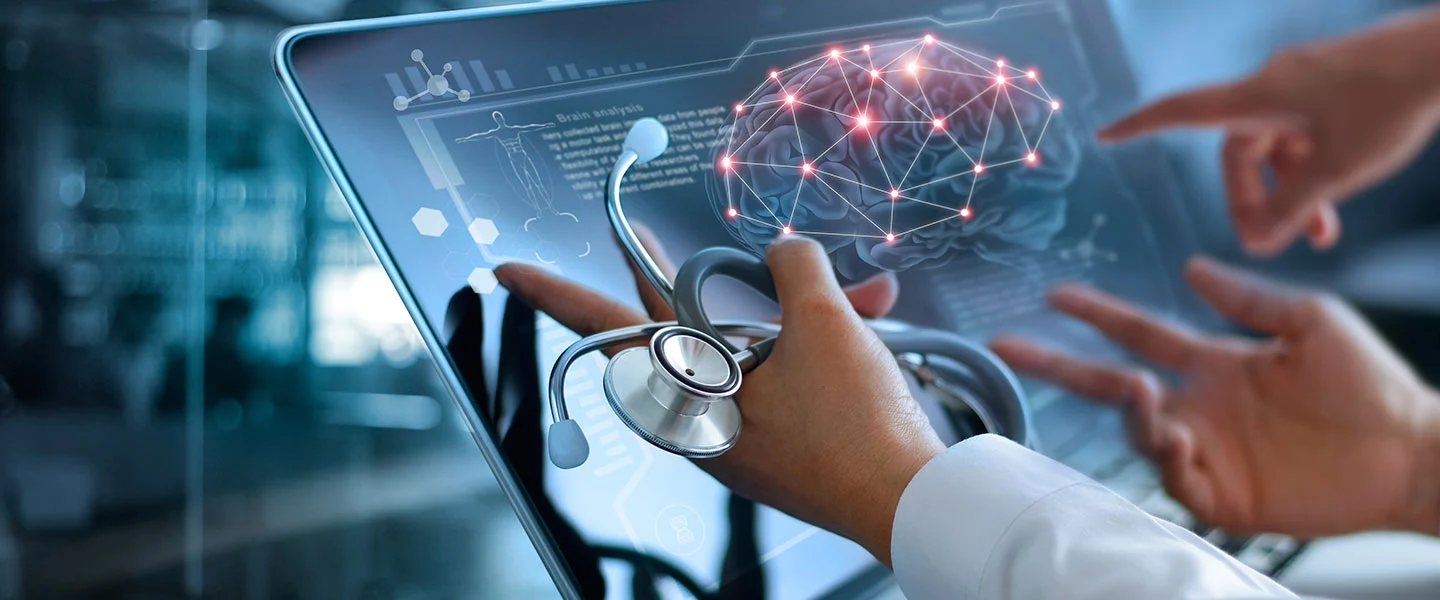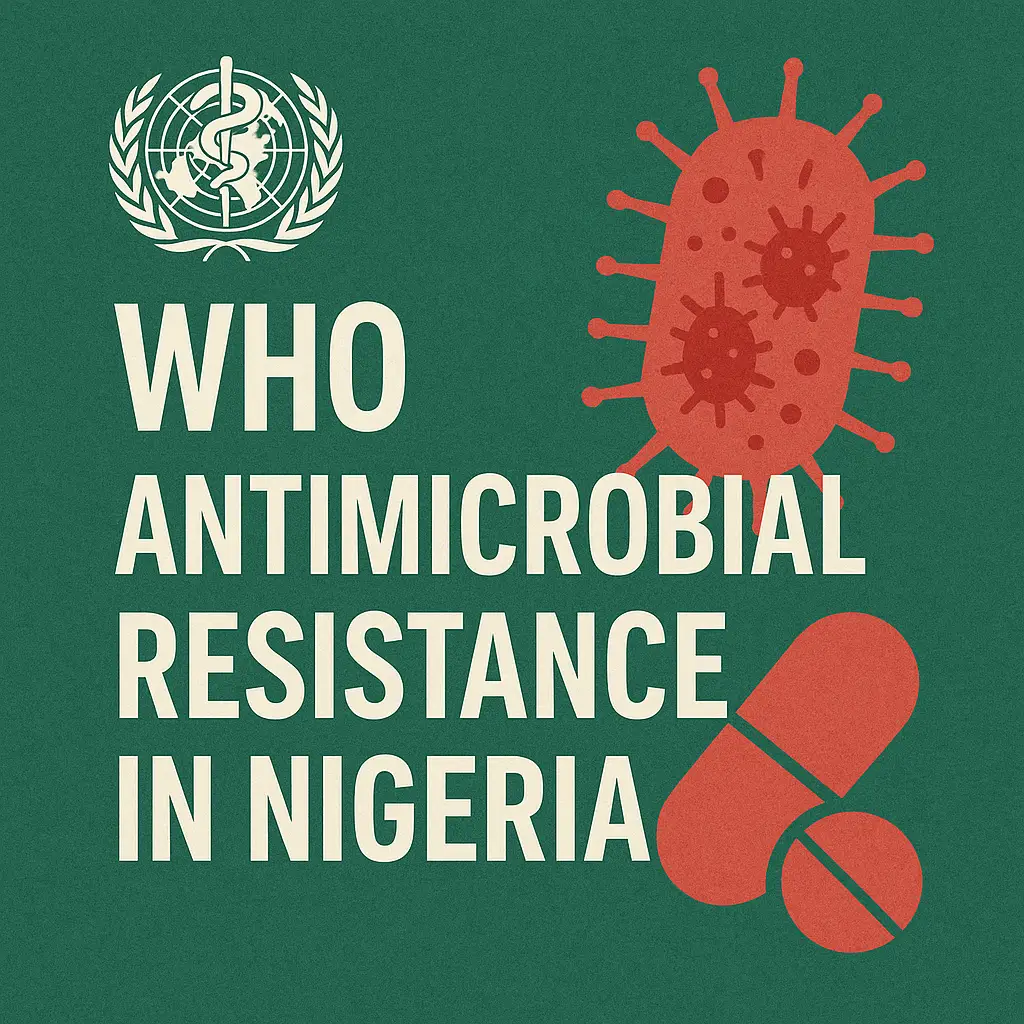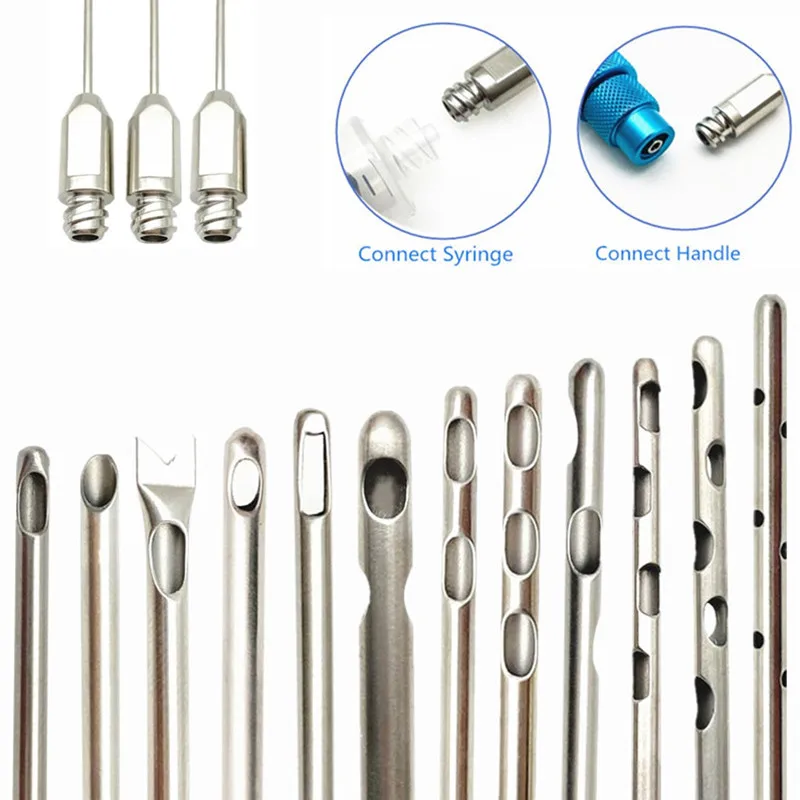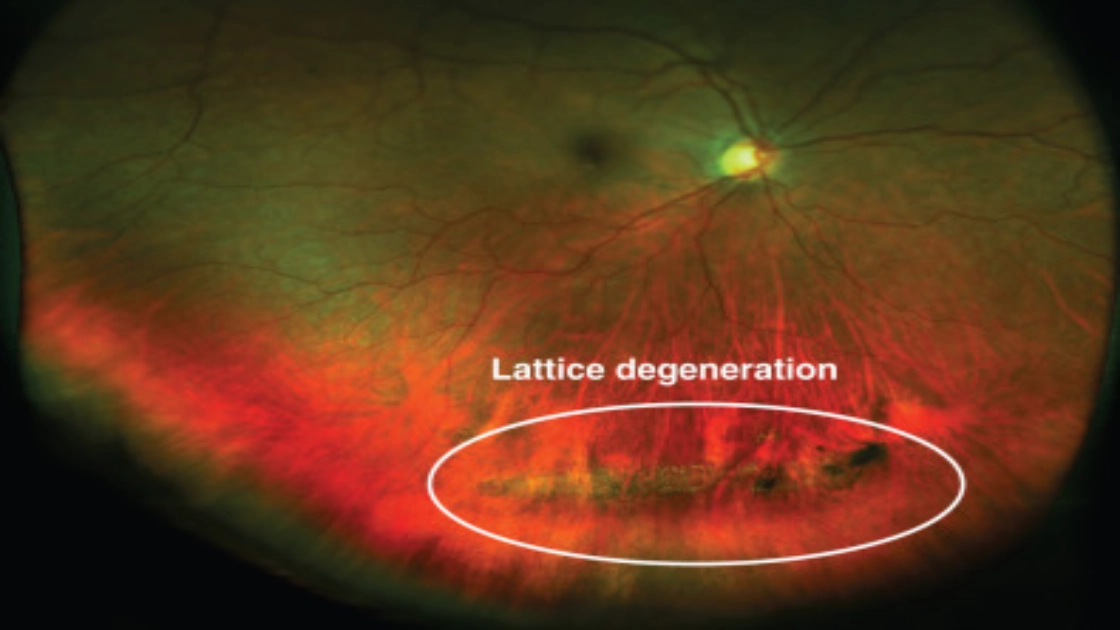How Technology Is Transforming Modern Healthcare in 2025
Technology is changing every part of our lives, and healthcare is one of the biggest examples. In 2025, hospitals, clinics, and even patients at home are using new digital tools to stay healthy, detect diseases earlier, and receive better treatments. Health technology has created a system where people can get help faster, doctors can diagnose more accurately, and overall healthcare becomes safer and more effective.
In the past, people had to travel long distances to meet a doctor, wait in long lines, and depend on limited tests. But today, many things can be done through smartphones, smart devices, and online systems. This article explains how technology is transforming modern healthcare and improving the quality of life for millions of people.
1. Artificial Intelligence (AI) in Healthcare
Artificial Intelligence is one of the biggest reasons for the fast growth in health technology. AI helps doctors read reports faster and more accurately. For example, AI tools can study X-rays, MRI scans, and blood tests to detect diseases earlier than humans.
AI is also used in hospitals to predict which patients need urgent care. It analyzes thousands of cases and helps doctors make better decisions. This reduces mistakes and improves patient safety. AI chatbots also help patients by answering basic health questions, booking appointments, and reminding them to take their medicines.
2. Telemedicine: Doctor at Your Home
Telemedicine became popular during COVID-19, but in 2025 it has become a permanent part of healthcare. People can now talk to doctors through video calls without leaving their home. This is helpful for elderly people, busy professionals, and patients living in villages.
Telemedicine reduces time, travel cost, and hospital crowding. Doctors can check symptoms, review reports, and even prescribe medicines online. For non-emergency situations, telemedicine is fast, safe, and convenient.
3. Wearable Devices for Daily Health Tracking
Smartwatches, fitness bands, and other wearable health devices are playing a big role in modern healthcare. These devices track heart rate, blood pressure, sleep patterns, oxygen levels, and physical activity. They send real-time data to apps and sometimes directly to a doctor.
For example:
-
A smartwatch can alert you if your heart rate becomes abnormal.
-
A diabetic patch can monitor sugar levels all day.
-
A fitness band can remind you to walk or drink water.
These small tools help people take better care of their health before a problem becomes serious.
4. Electronic Health Records (EHR)
Earlier, hospitals stored patient files on paper. This caused delays, missing reports, and confusion. Today, Electronic Health Records keep all patient information in one digital place. Doctors can open your health file within seconds and see your medical history, reports, allergies, and medicines.
EHR makes healthcare faster and more organized. It also reduces human errors because digital records are more accurate than paper files.
5. Robots in Hospitals
Robots are now used in many hospitals for different tasks. They help with surgeries, deliver medicines, and even clean hospital rooms. Robotic surgery is becoming more common because it is more precise than human hands. This means smaller cuts, less pain, faster recovery, and better results for patients.
Robots are also used in pharmacy departments to prepare medicines without mistakes. This increases safety and reduces workload on hospital staff.
6. Virtual Reality (VR) and Training
Doctors need years of training, and technology has made training safer and more effective. Virtual Reality allows medical students to practice surgeries and emergency situations in a digital environment. They can learn without risking real patients.
VR is also helping patients with mental health problems. It is used for relaxation therapy, anxiety treatment, and pain management.
7. Smart Apps and Online Health Platforms
Many apps now help people track their diet, exercise, sleep, and lifestyle. Some apps also connect you with nutritionists, mental health experts, and fitness coaches. These digital tools give personalized advice based on your daily habits.
People can also order medicines online, book lab tests, or get reports delivered to their phone. This saves time and makes healthcare easier for everyone.
Conclusion
Technology has completely changed the way healthcare works in 2025. From AI-powered diagnosis and telemedicine to wearables and robotic surgery, every part of healthcare is becoming smarter, faster, and more accurate. These innovations not only improve treatment but also help people stay healthier in daily life.
Modern healthcare is no longer limited to hospitals. It is now available in every home through apps, devices, and online platforms. As technology continues to grow, the future of healthcare will become even more advanced, patient-focused, and efficient.














